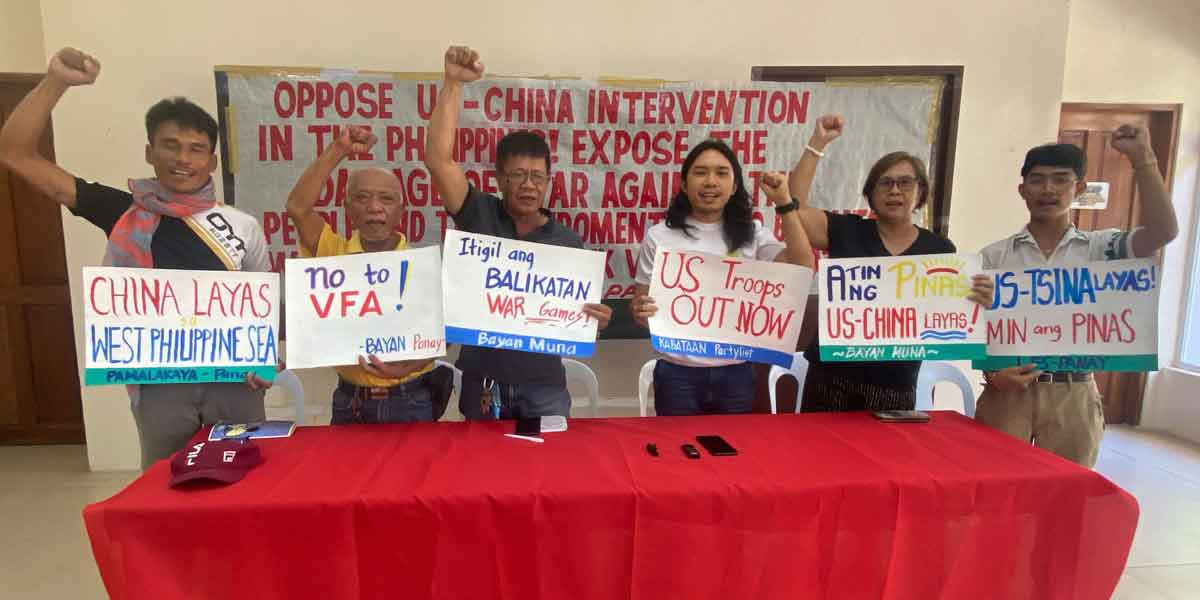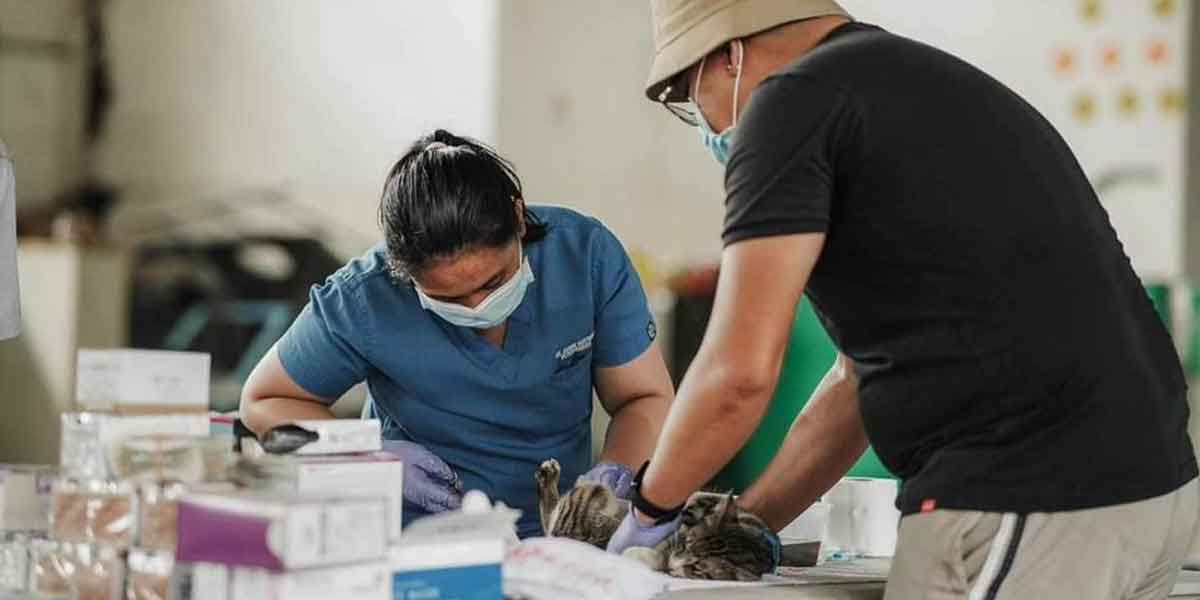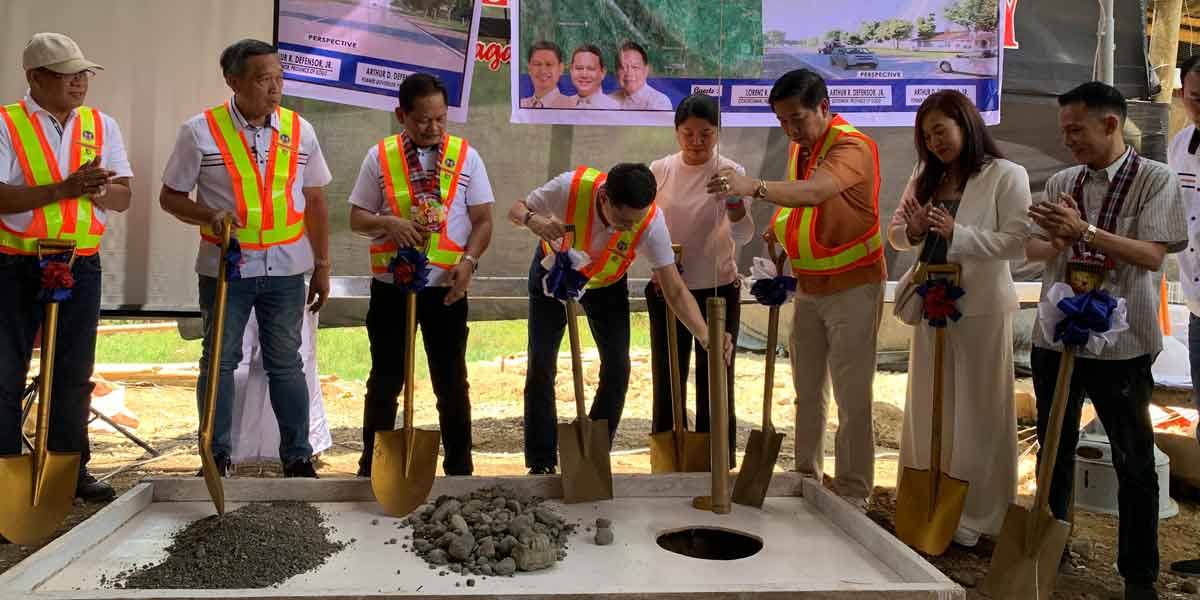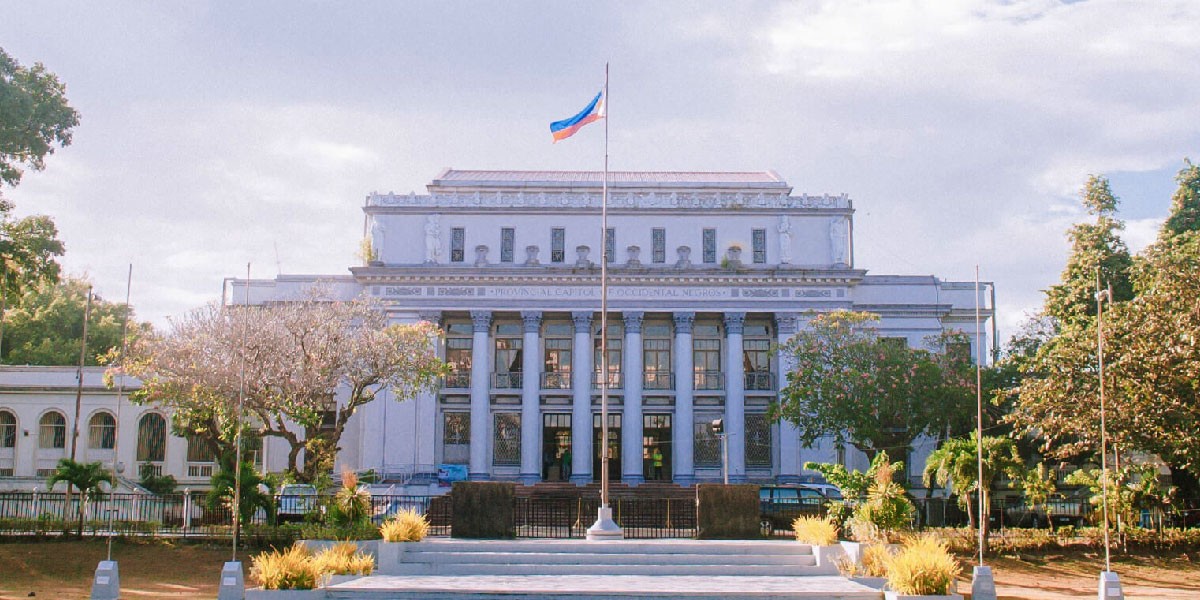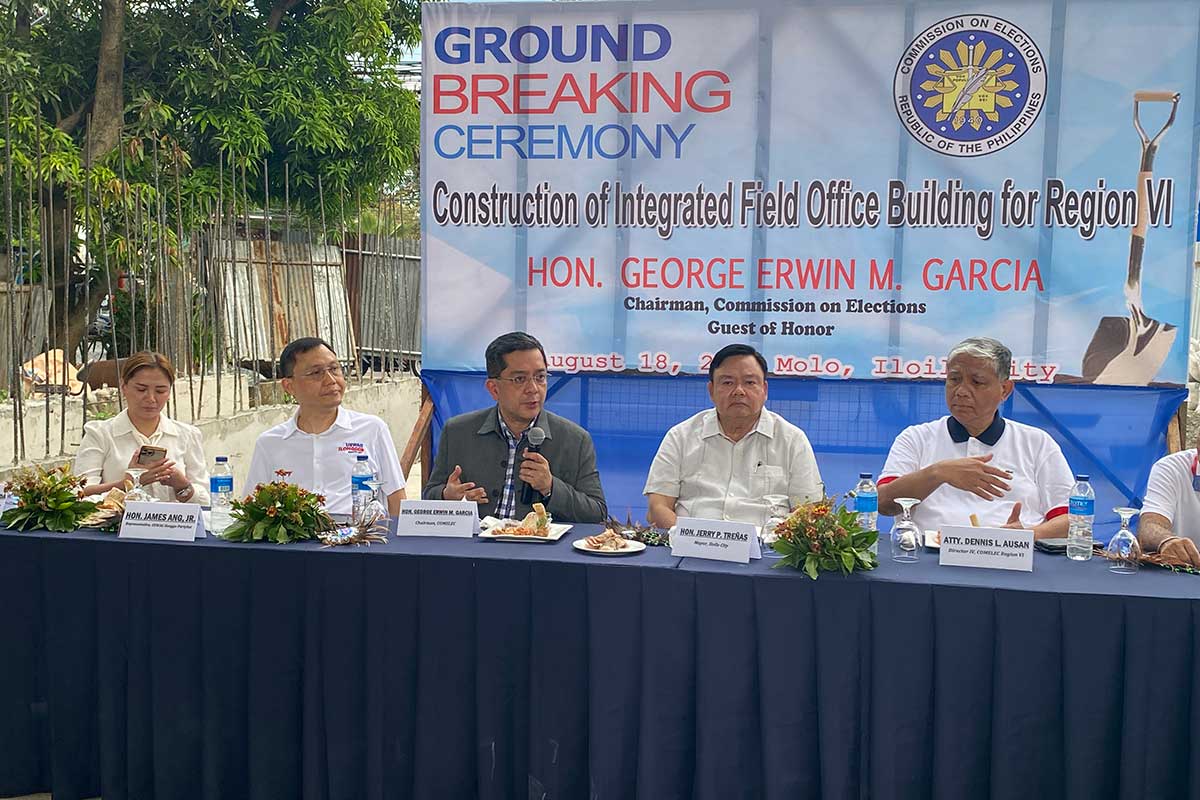
By Joseph B.A. Marzan
Commission on Elections (Comelec) Chairperson George Erwin Garcia on Thursday that he was ready to postpone the 2022 Barangay and Sangguniang Kabataan Elections (BSKE) in December, but he pressed that Congress needed to act on their proposals as soon as possible.
In a press conference in Iloilo City after the groundbreaking of the Comelec Integrated Field Office in Molo district on Thursday, Garcia said they are ready at any time to stop their actions in relation to the 2022 BSKE should the postponement proceeds.
But he hoped that the postponement would be only until 2023, citing the closeness to the 2025 midterm elections.
“If [Congress] has the view that [the 2022 BSKE] should continue, we are ready. If they say ‘No, we’ll do it in May [2023],’ we are also ready. If they say it’s in December 2023, we are also ready to do the election,” said Garcia.
“When I faced the [House of Representatives] Committee on Suffrage and Electoral Reforms, I asked the lawmakers not to have it in 2024, because if it would be by then, it would be too close to the 2025 elections, and therefore we may lose time preparing for that,” he added.
But he stressed that the law postponing the elections must come sooner, as the National Printing Office (NPO) will start printing the ballots by September.
The delivery of the ballots and other election paraphernalia are scheduled mid-October.
Garcia said that while the postponement bills are pending in the legislature, they continue to prepare until the fate of the polls gets clearer.
“By the end of August, we need to know at all costs as to whether or not [the 2022 BSKE] would continue, because we need to print ballots, and no one can stop us, by September. These are 90 million ballots to be printed for December 2022. The NPO has three machines that can print 1 million per day. We would need a whole month to print. All ballots would need to be verified and checked [on their face], and still need to be delivered at an estimated 3 weeks before the elections,” he said.
“In the length of the debating process [on bills], the COMELEC cannot stand idly by. We can’t be unprepared. What if the decision was to continue the December 2022 [BSKE] and we haven’t printed ballots, bought indelible inks, ballpens, and ballot boxes? We would be the ones responsible for that and fingers should be pointed at us.”
Garcia said they have spent around P800,000 of the P8.449-billion budget for the 2022 BSKE, but they may ask for an additional P5 billion if the polls push through.
This is due to a likely increase in voters, which would mean more personnel and more physical resources. Other factors are the poll body’s intention to raise the honoraria for Electoral Board members and inflation.
“The budget given to us was P8.449 billion. We have only used P800,000, but people might say that we haven’t been preparing. We have had initial procurements already, but we haven’t awarded [winning bid contracts] yet,” Garcia said.
“[The P8.449 billion] hasn’t factored in inflation and the scrapping of tax exemptions for [supervising] teachers. What we want is to increase the honoraria for Electoral Board members because [BSKEs] are manual,” he added.
“In our computation, if Congress allows the honorarium hikes, it would be P3 billion. But if we postpone the [2022 BSKE], our field personnel know that there would be reopened registration of voters, which would increase the number of voters, then increase the numbers of ballot boxes, ballots, indelible inks and ballpens, padlocks, and additional teachers manning precincts as well. The total would be P2 billion, plus the increase in honoraria, that would be P5 billion.”
Garcia assured that the funding and other resources would remain intact if the village polls are indeed postponed.
“If we buy ballot boxes now, it would still be ballot boxes in the next years. If we buy ballpens and inks that hopefully won’t dry, it would still be the same ballpens and inks. If we print ballots and the elections would be suspended, we have done this in 2017 and they were still the ones used in the 2018 [BSKE]. It is in [COMELEC’s] discretion,” he said.
“Because there will be no machines to be used, there may be 235,000 precincts in the whole country, times three in Electoral Board members. Now, we have started the procurement process, receiving offers on bids. The question here would be, what would be the [legal] implication if the [BSKE] is postponed? Should we cancel the awarded contracts? That is one of the things we are studying,” he remarked.
Garcia refused to comment on the political nature of the bills in Congress, citing Section 8 of Article X of the 1987 Constitution which provided that the term of barangay officials would be provided by legislation.
“Congress has the power to postpone the holding of elections and even extend the term of office of barangay and SK officials. Because of that, COMELEC as an implementer of the law, we will just follow the law as set by the Congress and the executive,” he said.
“If [the 2022 BSKE] cannot be done this year, for whatever reason, the reason is political. It’s not subject to our explanation and discretion and therefore, we will follow, we are ready for that,” he added.
The House of Representatives has approved a consolidation of 38 bills seeking to postpone the 2022 BSKE, and Senator Jinggoy Estrada’s Senate Bill No. 453 has been pending in the Committee on Electoral Reforms and Peoples Participation since August 10.

